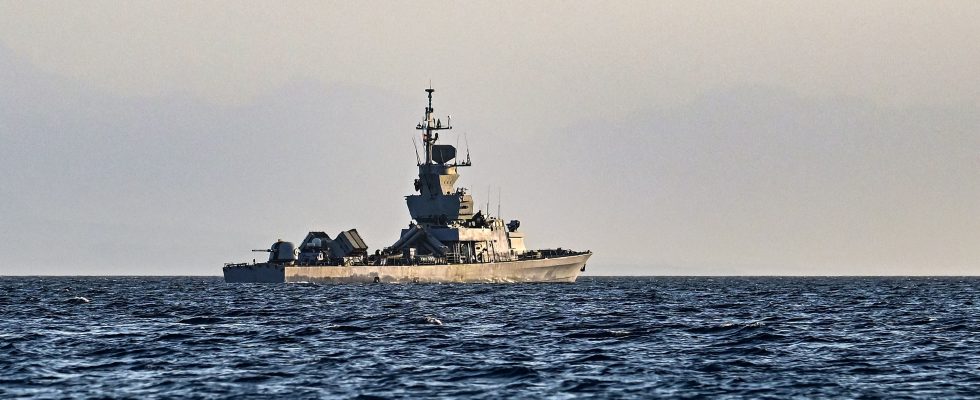It’s a warning that feels like a final summons. This Wednesday, January 3, a coalition of countries led by the United States urged the Houthi rebels of Yemen, close to Iran, to stop “immediately their illegal attacks and the release of ships and crews illegally detained” in the Red Sea . “The Houthis will bear responsibility for the consequences if they continue to threaten lives, the global economy and the free flow of trade in the region’s essential waterways,” adds the statement signed by the United States but also nations like Australia, Japan, the United Kingdom and Italy.
Speaking on condition of anonymity, a senior American official quoted by AFP insisted to journalists on this “very clear warning given” to the Houthis, saying he did not expect there to be any others. Because after a slight respite, having even convinced certain maritime carriers to partially resume their crossing of the Red Sea, the attacks of the Houthi rebels on this strategic place of world trade have resumed with a vengeance for a week.
Attacks that continue
The first direct clashes took place on Sunday December 31 between the Houthi rebels and the American army. The latter announced that its helicopters had sunk three Houthi ships, after attacks on a container ship of the Danish carrier Maersk. Ten rebels were killed during this operation, according to a spokesperson for the movement allied to Iran.
But these losses are far from having slowed down the Houthis. On Tuesday, January 2, the American army indicated that two missiles had been fired by the Yemen rebel group in an area where several merchant ships were located, near the strategic Bab el-Mandeb strait, “without causing damage”. It was the 24th such attack since mid-November, according to the US Middle East Command (Centcom). Before a 25th, the next day, the Houthis announced having carried out an “operation” against a ship from the French carrier CMA CGM.
The attacks have consequences in this extremely strategic area, through which nearly 12% of global maritime trade passes. “About 18 carriers have already decided to reroute their ships around South Africa to reduce (the risk of) attacks,” International Maritime Organization (IMO) head Arsenio told UN headquarters. Dominguez, during a meeting of the Security Council.
An increasingly tense regional context
If the United States and its allies firmly reiterate their warnings against the Houthis, it is difficult not to make the connection with the increasingly shared concern of a regional conflagration. Recent events have fueled this fear, starting with the death of Hamas number 2 in Beirut, where Hezbollah, very close to Iran, is omnipresent and is already confronting Israel on its border. To this must be added the double explosion in Iran, which left nearly 100 dead, and for which Tehran blames the Americans and Israelis, their sworn enemies. Finally, this Thursday morning in Iraq, two members of a pro-Iranian faction, including a leader, were killed in a strike that this Iraqi organization immediately attributed to the United States.
The Houthis are navigating in the midst of a particularly tense context. If the Iranian government assumes support for these Yemeni rebels but denies providing them with military equipment, the United States assures that the missiles they use “very clearly come from Iran”. The chances of seeing the Red Sea calm down seem, for the moment, very slim.
